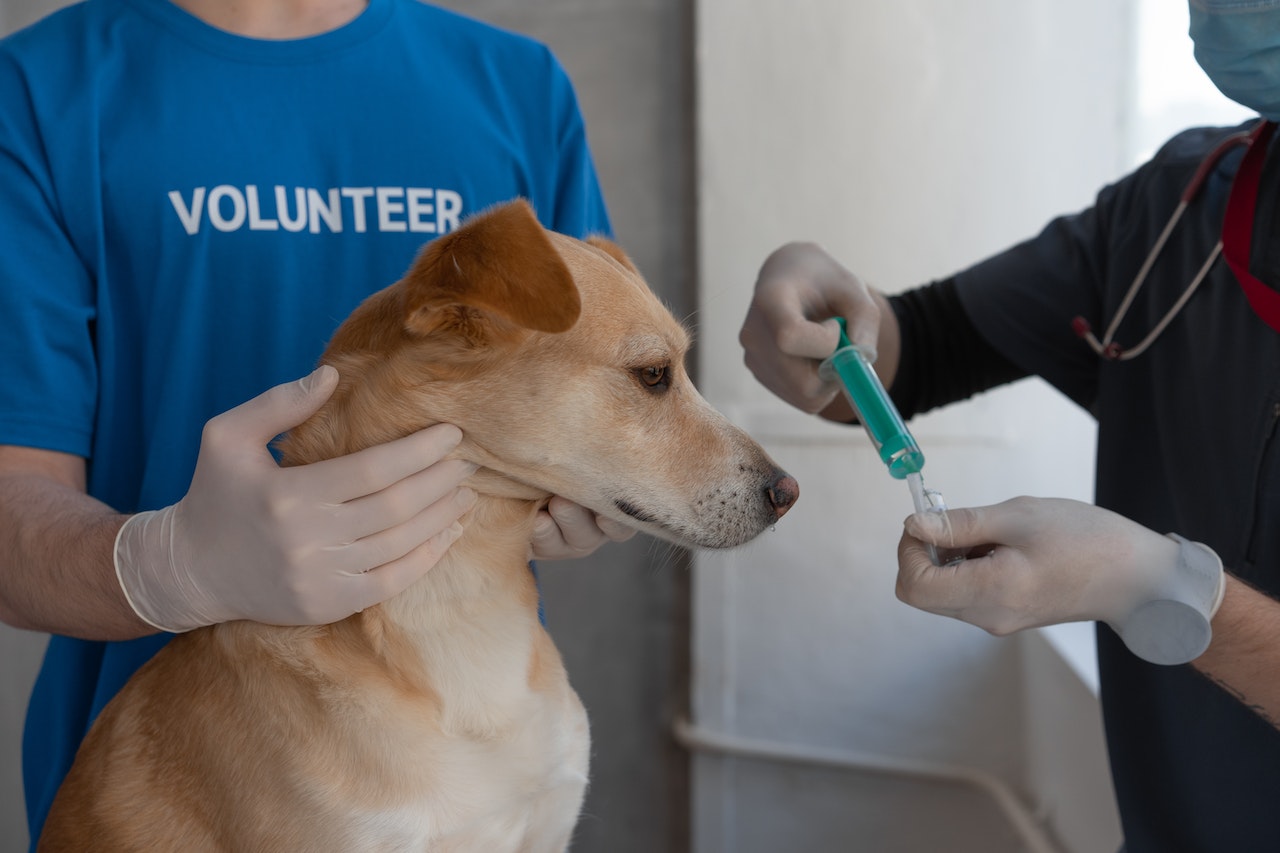Can dogs eat nectarines?
Nectarines are safe for canines to consume in measured amounts. In addition to having a low-calorie count, nectarines are loaded with healthy nutrients like anti-oxidants and vitamins. Moreover, because they are stones plums, they have a pit inside that, if ingested, can be dangerous for dogs. Nectarines have a considerable concentration of soluble fibre, but they also have a high glycaemic index, which can be harmful to a dog's health if they are offered as a snack too frequently.
What are Nectarines?
A nectarine is a type of stone fruit that belongs to the same family as peaches, plums, and apricots. It is similar to a peach, but it has smooth skin instead of a fuzzy exterior. Nectarines are oval or round in shape and are typically smaller and firmer than peaches. Nectarines are a good source of vitamins and minerals, including vitamin A, vitamin C, potassium, and dietary fibre. They also contain antioxidants, which may help protect against cell damage and promote overall health. However, nectarines also contain natural sugars, such as fructose and glucose, which can be harmful to dogs if consumed in large amounts.
Can dogs eat nectarines?
Dogs can eat nectarines, but it is important to feed them in moderation as a treat and not as a regular part of their diet. Nectarines are a type of stone fruit that belong to the same family as peaches, plums, and apricots. They are a good source of nutrients and antioxidants, but they also contain natural sugars, which can be harmful to dogs if consumed in large amounts.
It is important to keep in mind that dogs have a different digestive system than humans and may not be able to digest certain types of food as well. Nectarines may cause digestive issues in some dogs, such as diarrhoea and vomiting, if they are not used to eating them. It is always a good idea to introduce new foods to your dog slowly and in small amounts to see how they react.
Benefits of Nectarines to our canine companion
Nectarines are a delicious summertime treat that can have some positive health effects for your pet. They are as follows:
- Packed with nutrients: In addition to sodium and potassium, nectarines also have other nutrients. Magnesium is essential for healthy bones and helps your dog's body absorb nutrients and manufacture enzymes more effectively. Copper, meanwhile, is beneficial for both muscles and nerve functioning and improves bone density.
- Digestive Wholeness: The fruit is an excellent way to increase the amount of fibre in your dog's diet, which is beneficial to the digestive system. The high fibre content of nectarines is beneficial to your dog's digestive tract since it helps prevent diarrhoea.
- Loaded with dietary vitamins and minerals: Nectarines are loaded with phytochemicals and flavonoids, both of which assist strengthen the immune system of your canine companion. These summer fruits provide an additional source of the antioxidant beta-carotene, as well as vitamins A and C.
Possible Threats associated with giving nectarines to our canine companion
Before giving nectarines to your dog, there are several things you should take into consideration, including the following:
- The pits of nectarines present a choking threat: Your dog's health is put in jeopardy from the pits or stones in several different ways. Pits from nectarines are hazardous for canines because they have the potential to cause them to suffocate or to obstruct the gastrointestinal tract of the animal. In addition, pits have minute levels of cyanide, which can make little dogs sick or possibly kill them. If you suspect that your dog has become unwell as a result of consuming the pits of a nectarine, peaches, or any other stones fruits such as plum or apricot, you should be on the lookout for symptoms of cyanide poisoning. These symptoms include salivating, nausea, and pupil dilation.
- Dogs should avoid eating spoiled fruit: You should only ever give your dog ripe nectarines. Fruit that has gone bad can pose a number of health risks, including stomach issues and mycotoxin poisoning. Mycotoxin intoxication is a form of toxins produced by mould that develops on fruits as well as other edibles. The breakdown of fruit also results in the production of ethanol, a substance that is harmful to dogs and needs prompt medical intervention. Both conditions can cause signs such as ataxia, which refers to a loss of coordination over one's muscles, and recurrent vomiting.
- They include a lot of added sugar: Consuming a significant amount of sugar can cause abdominal distress in your dog as well as dental decay. Additionally, dogs struggling with overweight or diabetes should avoid the treats because they contain extra sugar. You should steer clear of giving your dog canned fruits since the syrup that is included within the container has an excessive amount of sugar.
Considerations
When feeding nectarines to your dog, it is important to remove the pit, as it can be a choking hazard and may contain small amounts of cyanide, which is toxic to dogs. The pit can also cause intestinal blockages if ingested. It is also important to remove the skin, as it may be difficult for your dog to digest and may cause digestive issues.
It is also important to keep in mind that nectarines are a high-sugar fruit and should not be fed to your dog in large amounts. Too much sugar can lead to weight gain and dental problems in dogs. It is recommended to limit treats to no more than 10% of your dog's daily caloric intake and to consult with a veterinarian before making any changes to your dog's diet.
Concluding Words
In conclusion, while nectarines can be a tasty and nutritious treat for dogs, it is important to feed them in moderation and to remove the pit and skin before giving them to your dog. It is also important to consult with a veterinarian before making any changes to your dog's diet to ensure that they are getting the nutrients they need to stay healthy and happy.
References
https://pixabay.com/photos/food-peach-nectarine-fruit-fruits-2563403/
https://pixabay.com/photos/peach-nectarine-fruit-delicious-3314679/
https://pixabay.com/photos/nectarines-fruit-fresh-vitamins-4534241/
https://pixabay.com/photos/food-fresh-fruit-isolated-leaf-2279/


